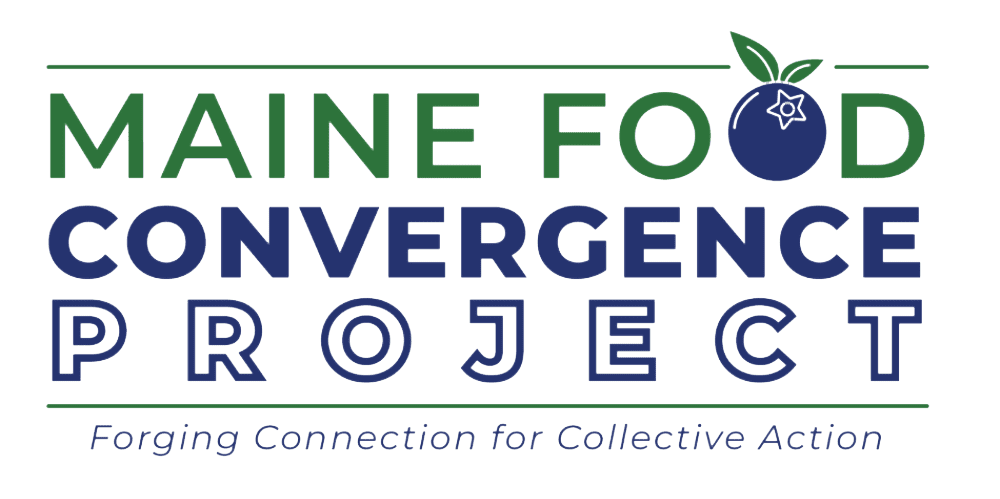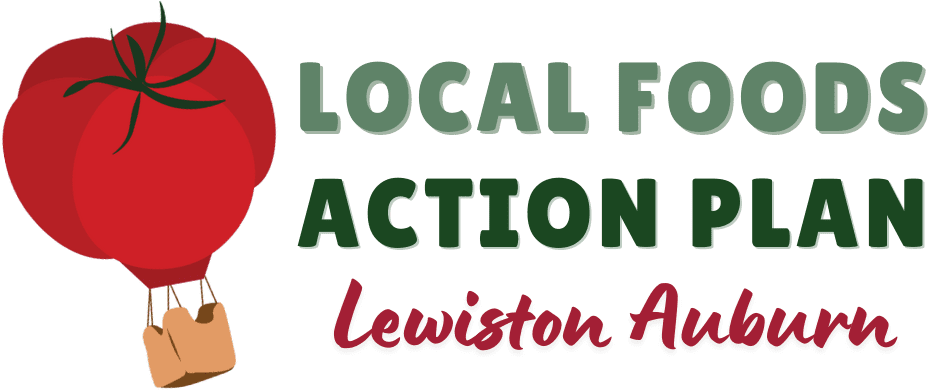Statewide Work
ACTIONS FOR REGIONAL AND STATEWIDE EFFORT
During the LFAP LA update process, a number of priorities were identified and researched that, upon further discussion and reflection, became clear were better suited to be addressed at the regional and/or statewide level. This is important work to continue to lift up however, and hold alongside work at the local level, in the hopes that greater awareness and communication will catalyze collaboration and leverage resources to move this work forward. Below are actions highlighted by community members as priorities for attention and advancement.
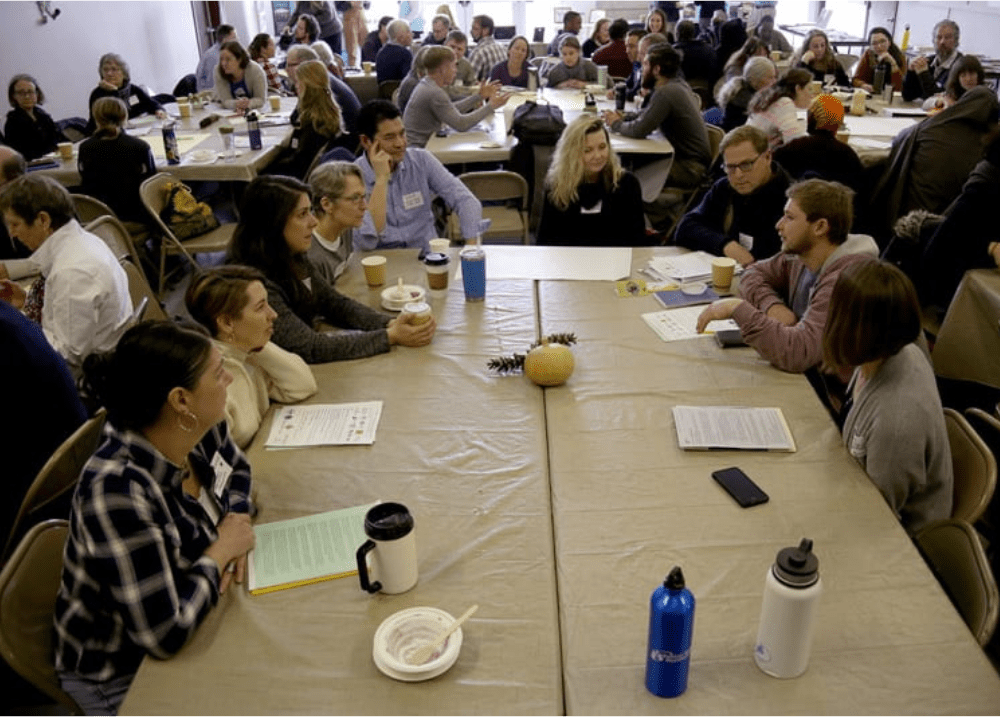
Convene and grow a network of land seekers & land owners to promote a grassroots approach to the land access, transfer, preservation, and land justice.
A number of organizations in the state are working to connect farmland seekers to landowners and build a supportive entrepreneurial ecosystem for the growth of the farm and food economy. However, these efforts are not enough on the local level to build the kinds of relationships and understanding needed to ensure that both prime farmland soil remains in agriculture, or that communities of people that have historically been shut out from land ownership build resources to access land on their own terms.
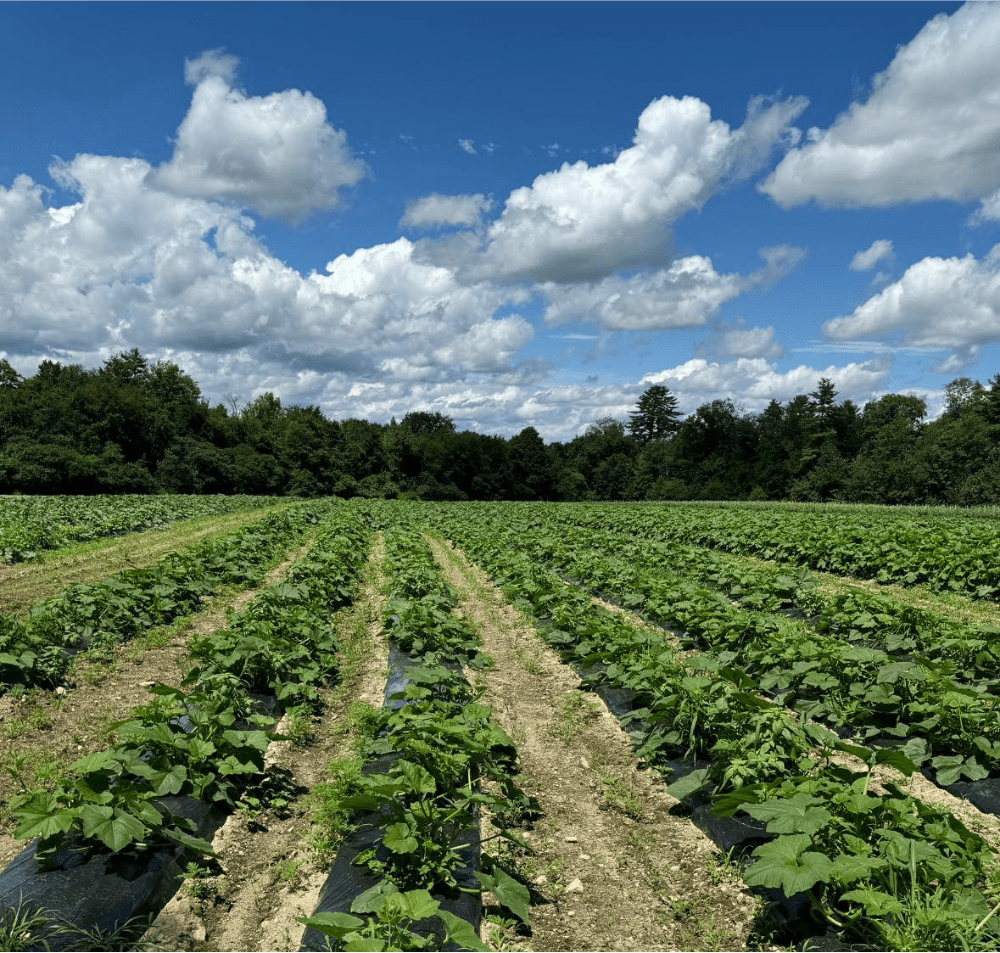
Create a Land Access Navigator that can work in community to facilitate access to land through a deeper understanding of the farming and funding landscape and connect land seekers with financial resources to support their unique project.
There are a number of different government and institutional resources that provide finance options for farmland acquisition, however these resources are challenging for land seekers to find and navigate. Without a statewide Land Fund that specifically provides interest-free land loans and grants, a Land Access Navigator could help bridge gaps between existing financial resources. Furthermore, Lewiston and Auburn area land seeker interviews revealed that many are not necessarily interested in owning land outright and farming solo, but prefer to farm with an organization that holds the land and provides the administration, infrastructure, and supplies needed to produce and sell food collectively. More support currently exists locally for land acquisition and business development than it does for organizational administration and infrastructure.
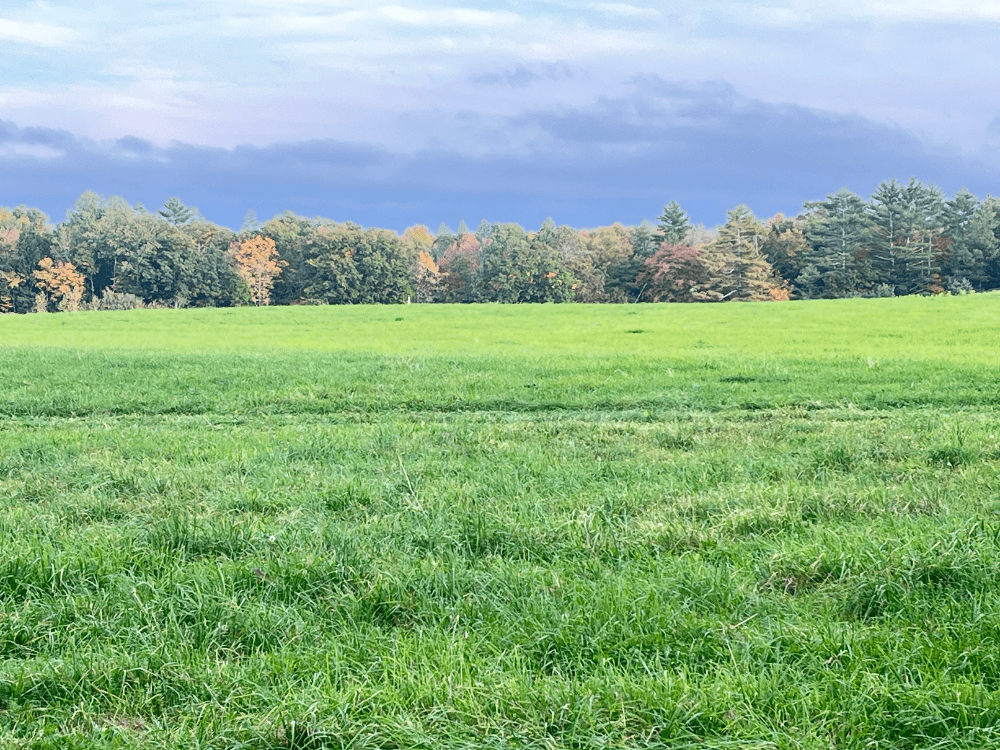
Develop a land fund that provides land loans and grants that are specifically interest-free.
The land loans and grants that are available to farmers in the state of Maine nearly always come with interest. Farmers of low income or with poor credit have difficulty securing these loans. Farmers who are Muslim or of other faith-based traditions that prohibit loans with interest are unable to take advantage of these funding opportunities. A culturally appropriate, Sharia-compliant loan fund would support a wide range of groups in obtaining funding to secure land and support a more robust, equitable local food system. Additionally, since this was an action carried forward from the, earlier LFAP LA learnings point to the need for local advocacy for this to be developed at the State level.
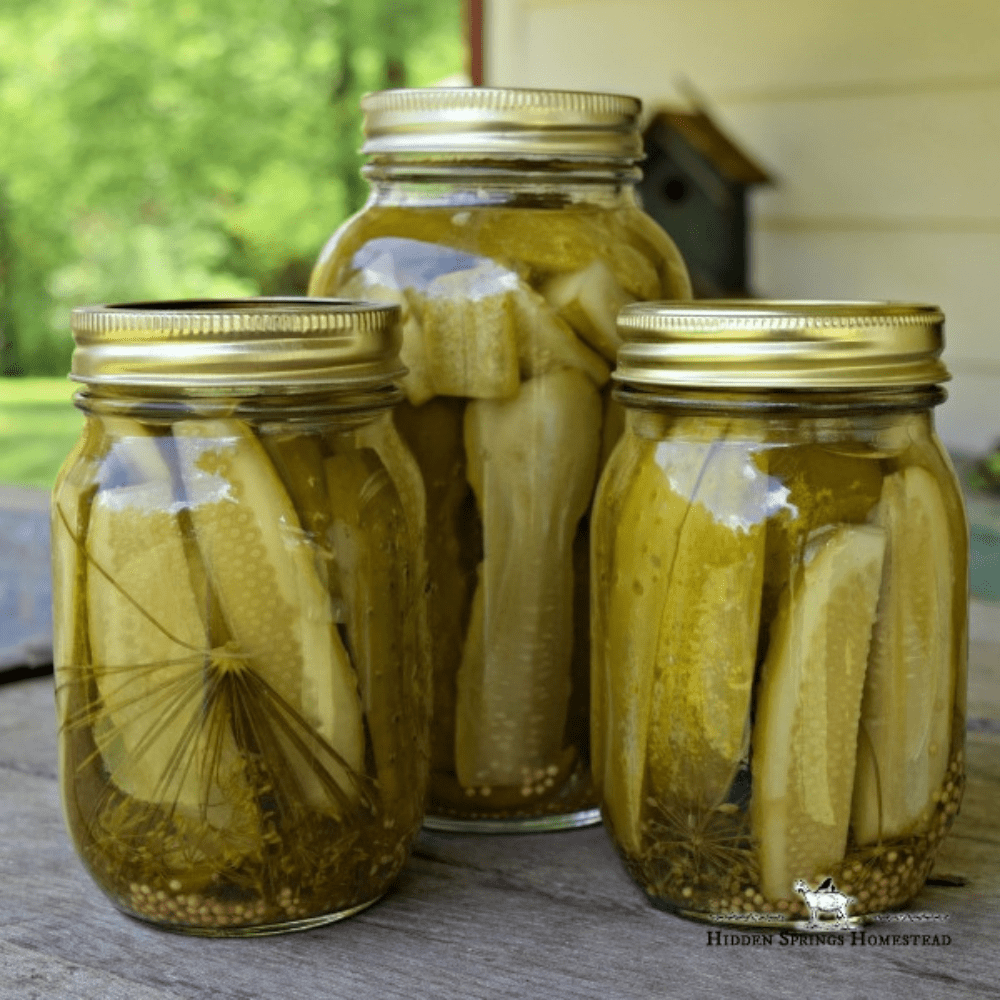
Pursue a needs assessment for food supply chain infrastructure as a means to determine regional needs for local food processing and storage.
This action is supported in Auburn’s Comprehensive Plan, and was lifted up as a priority from the Food/Agriculture Chapter by the Auburn Agriculture & Natural Resource Product Working Group. Lewiston’s 2023 Riverfront Island Master Plan also recommended making space for food processing as one of a small handful of business/industry clusters with high growth trends, and Planning staff already have related zoning updates on their work plan. Food Processing is also a statewide economic development focus including that of FocusMaine, Maine Food Strategy, the Maine Food Convergence Project, Ending Hunger 2030 led by the State, as well as reinforced as a planning need in a recent report by the New England Food System Planners Partnerships.

Create a local food purchasing system with an electronic platform for chefs and restaurants and other wholesale purchasers.
One of the learnings from “Taste the Harvest”—a local foods event led by the Chamber in collaboration with restaurants and farmers—was that a major barrier to restaurants sourcing more local food was that chefs require convenience (transparency of product availability, pricing, delivery time, etc). At the same time, farmers who are in the fields 24/7 often lack the additional staff capacity needed to meet these needs. Technology platforms exist to facilitate the purchase of specific and seasonal goods from farmers/fisherman to buyers. Research into the most appropriate platform and staff capacity to implement this is likely needed for a smooth and sustainable model.
Maine NEtwork of Councils & Convergence
We heard from the community of the statewide actions needed to reach our collective goals. The Good Food Council of Lewiston Auburn (GFCLA) is a member of the Maine Network of Community Food Councils (MNCFC). This collaborative platform brings together diverse voices, all united by a shared vision of promoting sustainable practices, improving access to healthy food, and fostering local economies across the state of Maine. As a member of this network, the GFCLA has become part of a dynamic community of food councils focused on creating innovative solutions to pressing food-related challenges, ensuring that every person has the opportunity to enjoy nutritious, locally sourced meals. The MNCFC is a member of the Maine Food Convergence (MFC). The MFC is a group of networks, organizations, groups and individuals in a united effort to catalyze collective action towards a thriving Maine food system. Together, we can drive meaningful change and build a more equitable food future for all.

